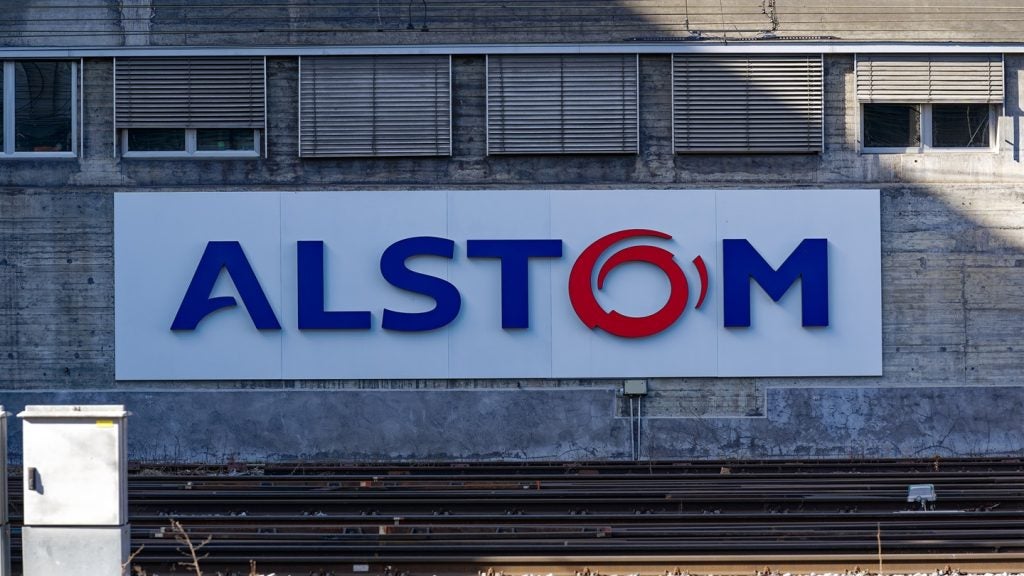
Digitally enabled solutions provider Parsons has secured a $45m engineering services contract to implement a communications-based train control (CBTC) system for the Bay Area Rapid Transit District (BART) in the US.
CBTC is part of BART’s $3.5bn Transbay Corridor Core Capacity Program, which includes five new traction power substations, 306 new rail vehicles and the development of a maintenance complex.
Parsons has been delivering engineering services to BART’s CBTC programme for the past five years.
The new contract requires Parsons to offer design services during construction for the CBTC implementation, which will replace the existing automatic train control system on 125 miles of track.
Parsons executive vice-president, connected communities market Tom Topolski said: “Intermodal connections are essential to increasing mobility around and between communities – BART’s connections between San Francisco, Berkeley, Oakland, Fremont, Walnut Creek, Dublin/Pleasanton are important for commuters, shoppers and visitors across the Bay Area.
“As a leader in CBTC in the United States, we will apply our unique systems integration approach to help improve the BART system that has served the Bay Area for more than 45 years.”
How well do you really know your competitors?
Access the most comprehensive Company Profiles on the market, powered by GlobalData. Save hours of research. Gain competitive edge.

Thank you!
Your download email will arrive shortly
Not ready to buy yet? Download a free sample
We are confident about the unique quality of our Company Profiles. However, we want you to make the most beneficial decision for your business, so we offer a free sample that you can download by submitting the below form
By GlobalDataBART currently has the capacity to operate up to 23 trains an hour in every direction via the Transbay Tube between San Francisco and Oakland.
The Transbay Corridor Core Capacity Program will increase train frequencies between San Francisco and Oakland by over 30%, and overall capacity by more than 36%.
It will allow BART to operate up to 30 ten-car trains an hour in each direction through the existing tube.







